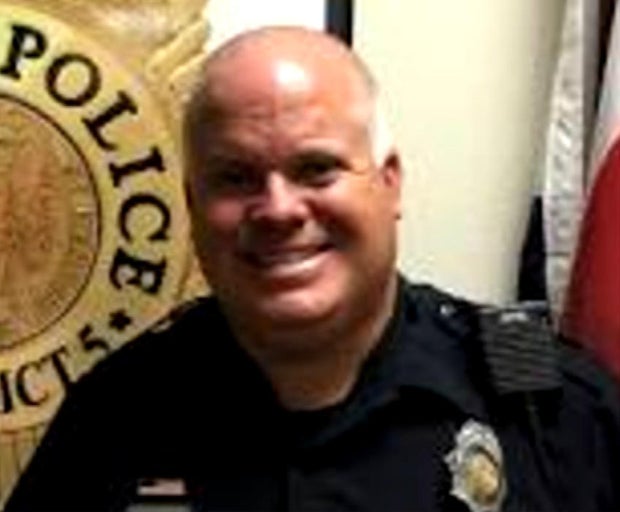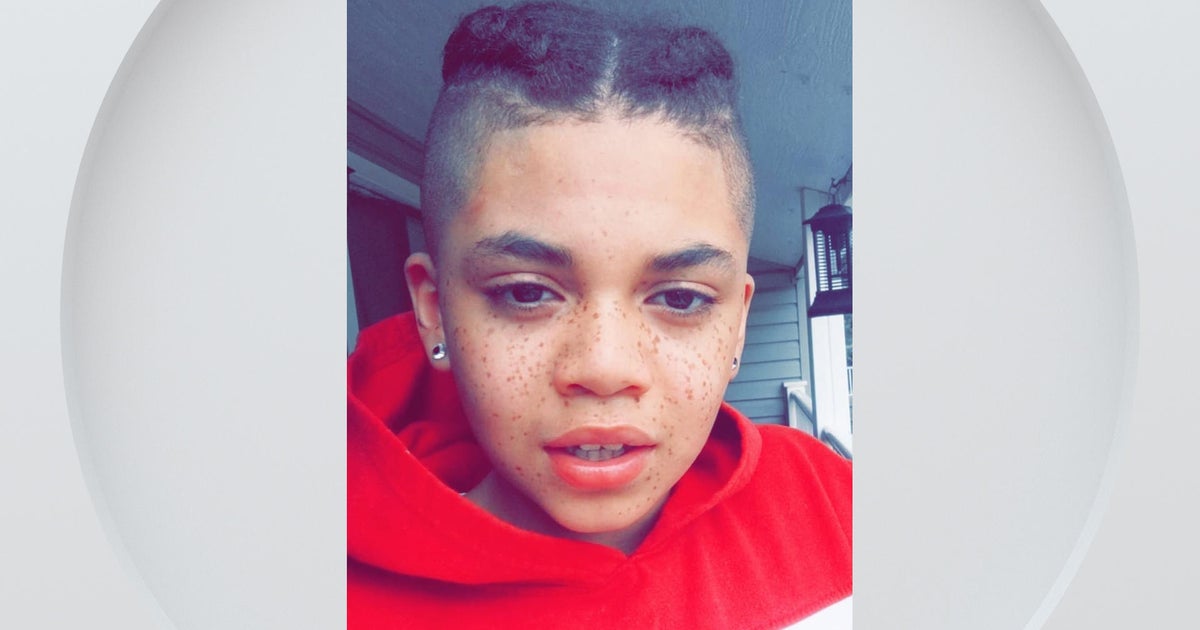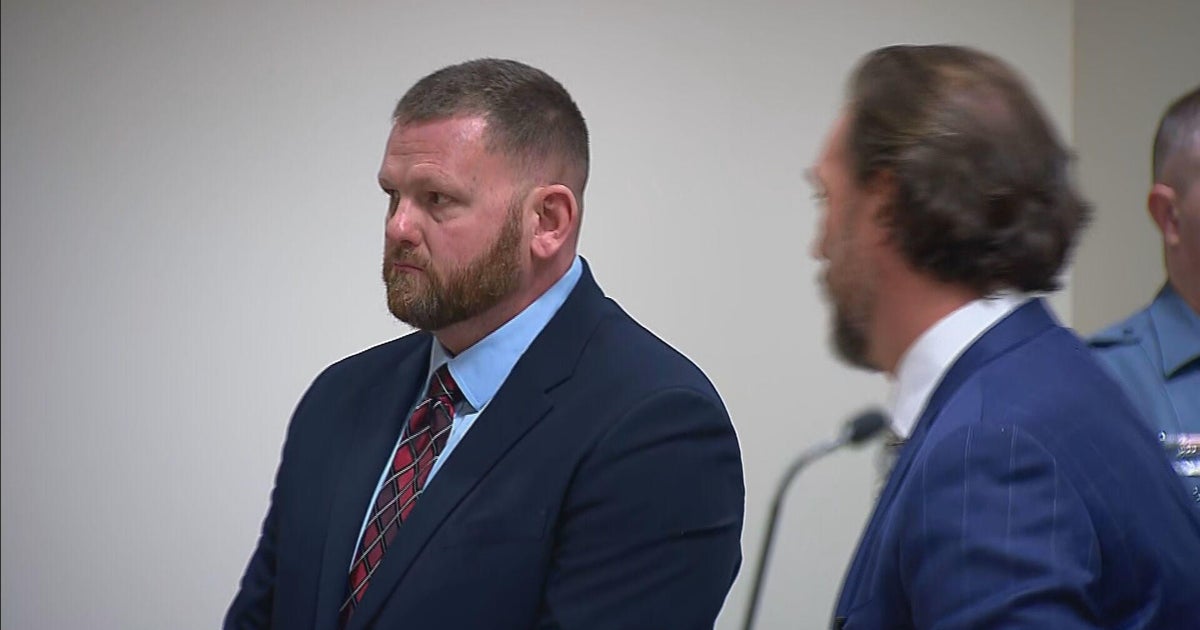Colorado mall general manager, wife charged with obstructing Aurora police death investigation
The general manager of the Southlands Mall in Aurora and his wife have been charged with obstructing an Aurora investigation and making false statements as police looked into the bizarre death of a retired Colorado police officer. Kyllion Chafin apparently crashed his golf cart and died after a day of golf and drinking at an Aurora country club.
"We had to overcome the willful misconduct of people that were covering up," said Aurora Interim Police Chief Art Acevedo.
"It's not the incident that gets you in trouble," Acevedo continued. "It's the cover-up, and in this case a cover-up that got people criminally charged."
The charges stem from an incident July 23 near the Blackstone Country Club in Aurora. After a member-guest tournament, there had been a party at the club that night. In attendance was Chafin, a former Denver police officer, along with numerous other country club members, including Martin Liles, the mall general manager, and his wife Dena Liles.
Police believe Chafin left the country club party late that night and drove home in his golf cart. But it appeared he crashed his cart into a fence, resulting in a serious head injury.
According to a lengthy Aurora police investigation, Marty and Dena Liles were on the scene shortly after the accident. But by the time police arrived, Chafin was laying in the street and his golf cart was no longer there, and police theorized that Chafin might have been struck by a car and been the victim of a hit-and-run accident. Police wrote in their reports that it appeared Chafin might have been the victim of "attempted homicide" based on the circumstances and the missing golf cart.
According to the police report on the incident, Dena Liles initially told investigating officers, "I don't know what happened, we just saw him in the middle of the ... street."
Police said the woman told them, "She did not know anything about a golf cart." It was later determined that Chafin had a blood alcohol level of .240, well above the legal limit for DUI in Colorado.
Dena Liles did not respond to numerous contacts from CBS News Colorado, and her husband has retained an attorney who said Martin Liles would not be talking about the case.
Martin Liles later told police investigators he had actually moved Chafin's golf cart close to Chafin's home since Liles estimated it had $20,000 worth of golf clubs on it which he did not want stolen.
Police said Martin Liles told them "numerous times" that he took the golf cart straight to Chafin's house. But over months of investigation, police said they obtained video which showed Liles actually taking the golf cart to his home first, throwing away beer cans in the cart and pouring liquor out of containers. Police wrote that "Dena was present in the garage while Marty "cleaned out the cart" and she helped Marty take the cart up the street. ... The video also captured Marty destroying evidence by pouring out beer cans," wrote officers.
Police said they thought Liles and his wife were thinking they were "saving Kyllion from getting a drunk driving ticket," according to the APD report.
After about a week in the hospital, Chaffin died from his injuries, according to an autopsy report. The cause of death was blunt force head trauma, according to the Arapahoe County coroner.
Police charged Martin and Dena Liles with obstructing/interference, false statement to city personnel and accessory to an ordinance violation. They are due to appear in court in January.
Acevedo said the Colorado couple's actions caused police to "basically start chasing their tail. You're chasing myths that were brought to us by people that knew the truth ... and despite that truth, they decide to cover it up."
Acevedo said if the Liles had told the truth from the start, the investigation could have been wrapped up in a matter of days, not months.
"I think this is evidence that it doesn't matter whether you're at the country club or down in the river wash, we're going to treat everybody the same, we're going to go where the evidence takes us. We hold people accountable based on their actions and not based on race or social or economic standing," said Acevedo.
He said the broader message is that when police ask a question, "If you're going to answer it, tell the truth. Don't lie. The cover-up will get you every time."
for more features.







